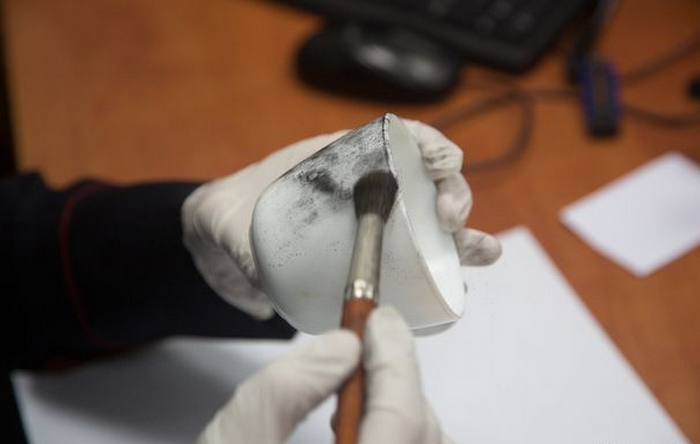Uzbekistan allows non-governmental organizations to carry out forensic examinations

Certain types of forensic examination will be entrusted to non-governmental organizations, Kun.uz correspondent reports with reference to “Uzbekistan-24” TV channel.
This is provided for by a presidential decree “On measures to further improve forensic expertise”, which allows the creation of non-governmental specialized organizations.
Coordination of forensic expertise is entrusted to the Ministry of Justice. In particular, the ministry is given the right to independently set prices for tariffs for conducting examinations by non-governmental organizations.
The transfer of 44 types of examinations in the hands of private organizations will contribute to the development of forensic expertise in general. Firstly, it is necessary to inject capital. This, in turn, will allow to develop technologies and purchase modern equipment. Secondly, there will be competition. Thus, the desire of each forensic organization to quickly and accurately carry out the examination will be strengthened.
Currently, there are five state forensic institutions operating in the country. The limited budget, weak technologies, low wages lead to the loss of skilled labor. In the past two years alone, more than 40 people have left the Republican Forensic Center named after H. Suleymanova.
“In addition to the financial side of the issue, there are a number of other problems in the Center,” said Uchkun Uzakov, deputy director of the Republican Center for Forensic Examination named after H. Suleymanova.
“The institution conducts about 60 types of examinations. Due to the heavy workload, their implementation within the prescribed period is almost impossible. Therefore, the creation of non-state forensic institutions is a necessary measure in the development of the entire system,” the expert concluded.
In order to carry out modernization, the decree also prescribes a point where state and non-state institutions are exempted from paying customs duties for equipment, reagents and consumables imported from abroad until January 1, 2022.
In addition to the decree for the competent implementation of the reform, the president also approved the roadmap to further improve forensic activities for 2019-2020. It contains five sections and involves the implementation of 26 projects.
Forensic examination is a tool to establish the involvement or non-involvement of a person in a crime, to shed light on many questions, to understand the direction in which to conduct an investigation. Often, the fate of people depends on the accuracy of the impartiality of such expertise.




